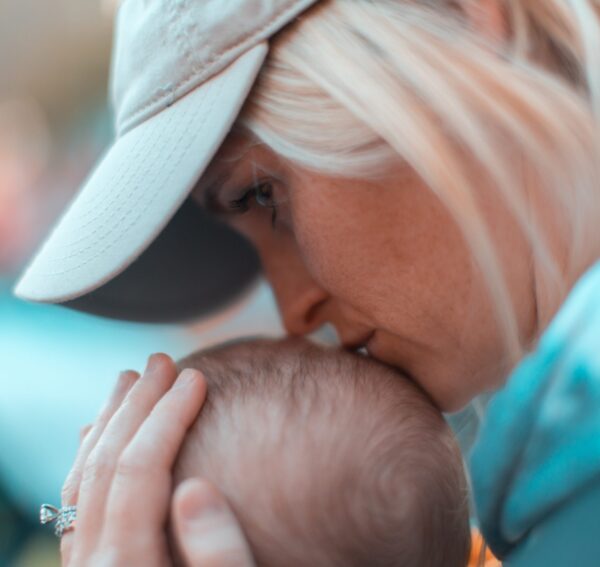Emerging Minds research finds link between maternal mental health and child behaviour

Women who experience psychological distress during pregnancy and after birth are twice as likely to have children with emotional and behavioural issues throughout their childhood, new research commissioned by Emerging Minds has found, highlighting the need for broader ante and postnatal support for parents.
The Trajectories of children’s social-emotional wellbeing: The Longitudinal Study of Australian Children aimed to investigate the role of parenting, parents’ mental health and health behaviours on the social-emotional wellbeing of children between the ages of four and five years of age to 12-13 years of age.
Although previous studies have highlighted the influence of fathers’ health and parenting practices on children’s mental health outcomes, a lack of detail regarding resident fathers led researchers to focus on the relationship between maternal health and parenting.
More than 4,000 children were involved in the study, which found a correlation between a mother’s mental health and children’s emotional and social development.
Approximately 43 per cent of children who experienced elevated emotional issues and difficulty interacting with their peers at age 10 and 11 had mothers who had experienced moderate to high levels of psychological distress in pregnancy or after giving birth.
This compares to 18 per cent and 22 per cent of similarly aged children whose mothers had experienced low levels of distress.
Children’s emotional problems included worrying, unhappiness and being tearful, nervousness and clinginess in new situations, and being fearful and easily scared. Peer problems ranged from tending to play alone, getting along better with adults than children, and being picked on or bullied by other children.
Sources of maternal distress included financial pressure, unemployment or poor health, which translated into a less nurturing or consistent family setting.
These findings, Emerging Minds Director Brad Morgan said, highlight the need for ante and post-natal services to widen their support to include a mother’s emotional wellbeing and its impact on the whole family – something which early childhood education and care (ECEC) settings offering wrap around support may choose to investigate or invest in.
“A strong mother-child bond that develops in the early years of life is the foundation for a child’s healthy emotional development,” Mr Morgan said.
While most parents want the best for their child, he continued, experiencing poor physical health, financial adversity or job insecurity – or a combination of all three – can affect their relationships, including the one they have with their child.
“Currently much of the care provided to women before and after birth is focused on the physical health of mother and baby,” Mr Morgan said, suggesting that if ante and post-natal support broadened its focus to include supporting the mother’s mental health, “we can go a long way to strengthening the bond between mother and newborn baby.”
Emotional and behavioural issues in childhood can develop into mental health concerns later in life, he continued, noting that more than half of all adult mental illnesses emerge in childhood.
International evidence had shown adversities experienced early in life could be overcome at any age if parents are mentally healthy and have the tools to support their children’s social and emotional development.
“As a community and amongst professionals working with families, our understanding and awareness of what impacts a child’s emotional and social wellbeing is growing,” Mr Morgan said, outlining that early intervention and prevention is key in changing outcomes.
“There is support available, so if we can work with professionals to build their capacity to take a wider focus and connect parents with the support they need for themselves and for their children, we will be able to put more children on the road to a mentally healthier future.”
To read the findings in full, please see here.
Popular

Quality
Practice
Provider
Research
Workforce
Honouring the quiet magic of early childhood
2025-07-11 09:15:00
by Fiona Alston

Policy
Practice
Provider
Quality
Workforce
Minister Jess Walsh signals urgent action on safety and oversight in early learning
2025-07-11 08:45:01
by Fiona Alston

Workforce
Policy
Quality
Practice
Provider
Research
The silent oath: Why child protection is personal for every educator
2025-07-17 09:00:31
by Fiona Alston











